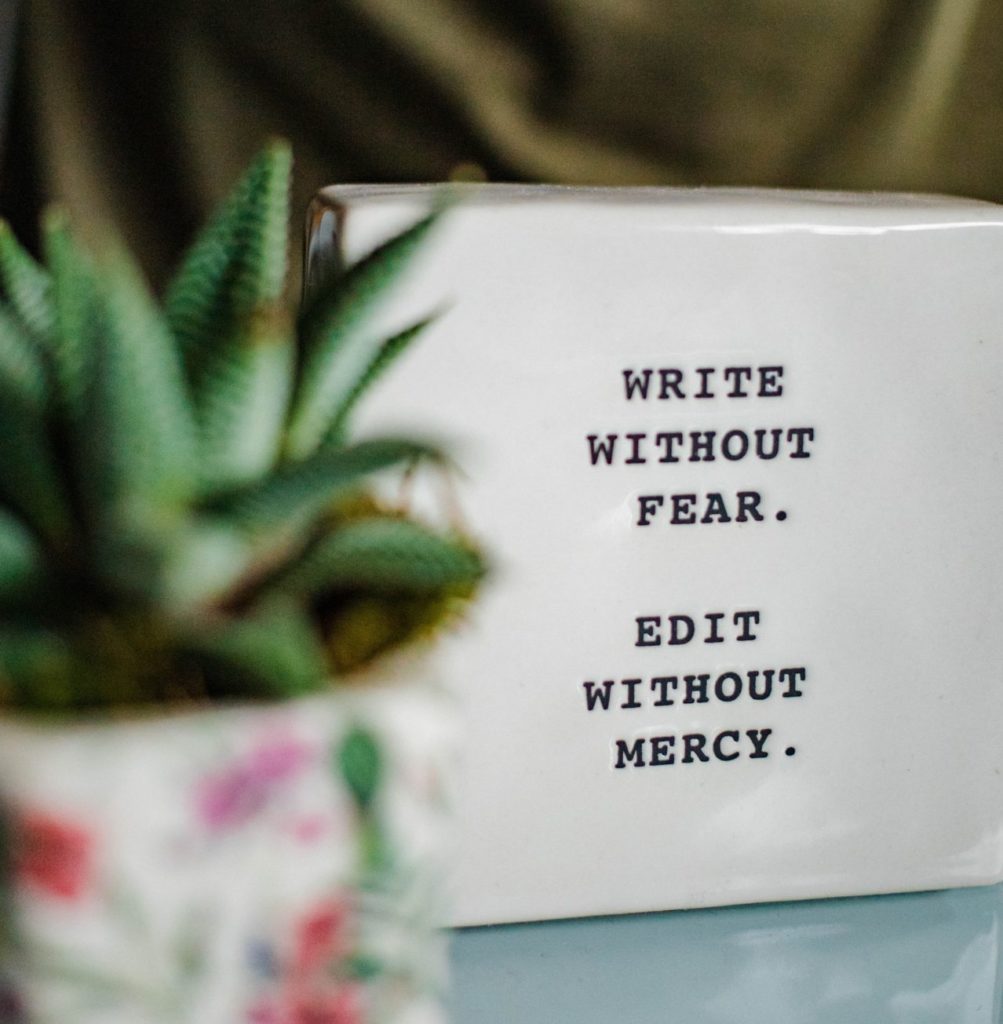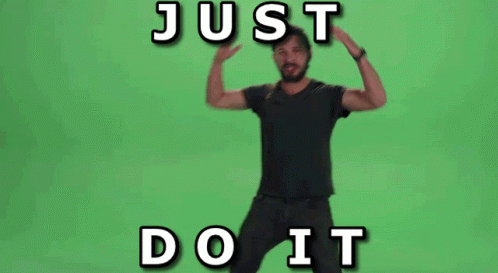Drivel is better than the blank page. Adjust your thinking and get back to work.
You’ve probably heard the quotation oft ascribed to Hemingway:
There is nothing to writing. All you do is sit down at a typewriter and bleed.
And if you’ve done any creative writing, chances are you’ve probably waxed poetic about a blank page before. (Guilty 👋)
These are valid responses, of course. Even seasoned authors suffer a block occasionally, no matter how much they love writing. Sometimes writing just is hard.
What really matters is how you respond to the block. (And laughing at the thing about bleeding doesn’t count.)
Don’t give in to the waiting game
If you’re waiting for your writing project to emerge pristine and fully formed like Athena gamboling down from Zeus’ glorious forehead, you’re going to be waiting for a long time.
A lot of writers may conflate the quality of a piece with their abilities as a writer, but this just isn’t the case. You’re not a bad writer because you wrote something badly. You know who has written a shitty draft before? Probably every writer you’ve ever read!
Lower the bar for yourself. Imagine all the typos that sacrificed themselves so your favorite book could exist. Think about the huge swaths of content scribbled through and crossed out, whole pages angrily wadded into balls to bounce off the edge of a trash bin. All those “darlings” a writer (or editor) killed were just as important in creating that work as the svelte little collection of words that made it into the final version.
Don’t let perfectionism – or the anxiety of how a piece will be received – hold you back. Drivel is better than the blank page. Anything is better than nothing.

Photo by Hannah Grace on Unsplash
Shitty first drafts are pure gold
Writing is different from a lot of other creative pursuits due to the intangibility of the medium. Stick with me on this.
If I asked you what materials you needed for a writing project, you’d probably list: a pen and paper, or a laptop, and maybe some research. But that doesn’t feel accurate to me. If anything, they’re just the equipment you’d be using.
If you were making pottery, your medium might be clay. You’d roll it into long snakes, stacked and blended together, or you’d throw it on a wheel and pinch it into shape. If you were a brick mason, your materials would be bricks and mortar; without them, you wouldn’t be able to form the walls of a house. And a sculptor may start with a giant hunk of rock and gradually reveal the form inside.
In writing, your materials are ideas and words. When you’re struggling with either, writing can feel impossible, so remember:
- If you have the idea but the words aren’t right, you can get the idea down and fix the words later.
- If your cup of ideas runneth dry, you can freewrite or start with a prompt, and see if you stumble into something meaningful.
Either approach has the same result: words on the page!
Once you have those words, you can do something with them. Play potter, brick mason, or sculptor. Editing is the part of writing where real discoveries can be made, teasing apart the knots of paragraphs that didn’t quite work, or cannibalizing whole pages for another project. You can interrogate what you actually meant to convey with a sentence and trim it down to the most succinct, impactful collection of words you’ve ever made, and at the same time seek the places where deeper or more thorough exploration would enhance the overall project.
Without a shitty first draft, you might still be staring at that blank page.
So sit down and start writing. Do it now. Do it every morning while you sip your coffee. Make a date with your laptop or preferred writing instrument and protect that writing time. Just do it.

